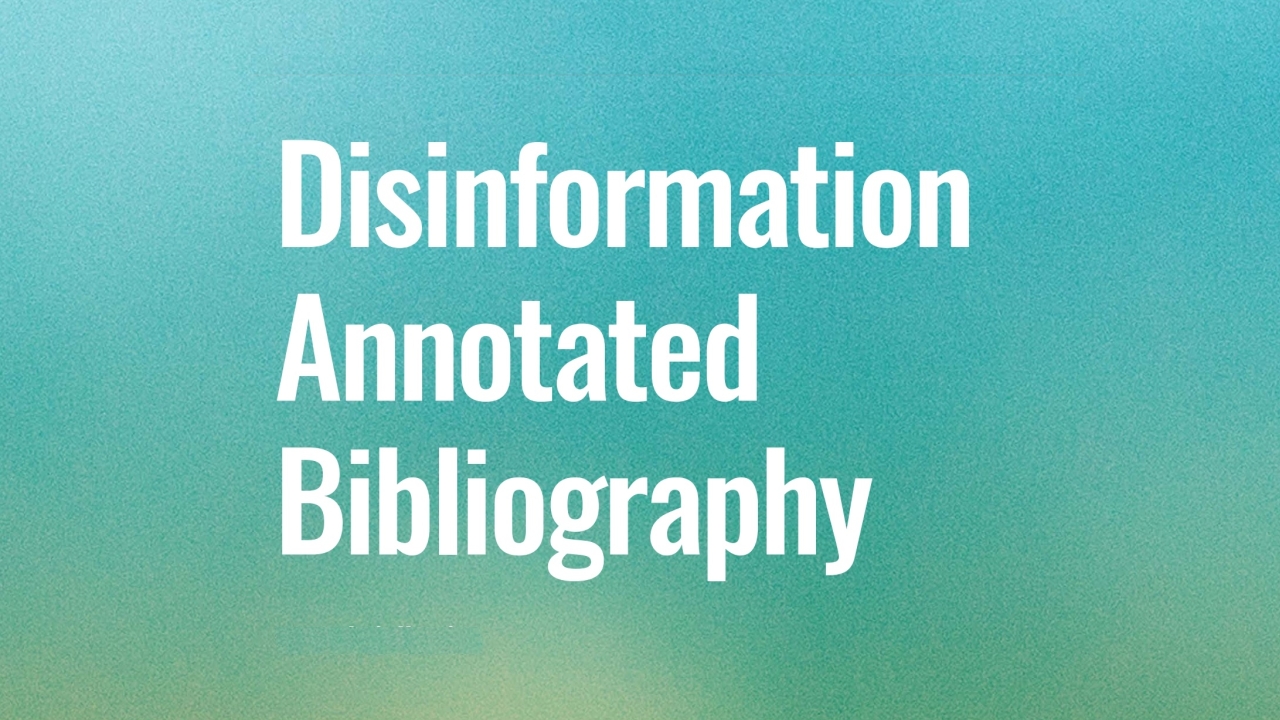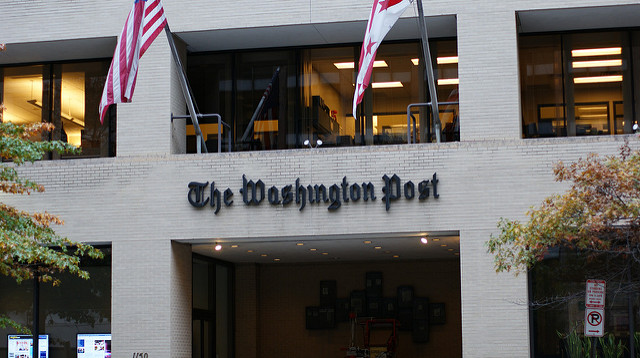
A reading list and primer on digital disinformation
In previous RealKM Magazine articles, we’ve discussed the phenomena of digital disinformation, including how knowledge management can help the fight against it. The term ‘disinformation’ is most commonly understood to mean false information that is knowingly disseminated with malicious intent.
In a recently published annotated bibliography, Gabrielle Lim of the Citizen Lab1 provides a foundational understanding of the immense amount of work that has been done in the last few years on digital disinformation and where future research may be heading. The sources are divided into nine categories of interest and include articles and reports from academic journals, research institutes, non-profit organizations, and news media, reflecting the multidisciplinary and sociotechnical nature of the subject.
The categories of interest are:
- General
- Creation and dissemination
- Social media
- Advertising and marketing
- Political science and international relations
- Cognitive science
- Mitigation and solutions
- Detection
- Measuring reach.
For each category, both a concise list of sources of note and more detailed bibliographic information are given.
Article and header image source: Disinformation Annotated Bibliography, CC BY-SA 4.0.
Note:
- The Citizen Lab is an interdisciplinary laboratory based at the Munk School of Global Affairs & Public Policy at the University of Toronto. ↩
Also published on Medium.






